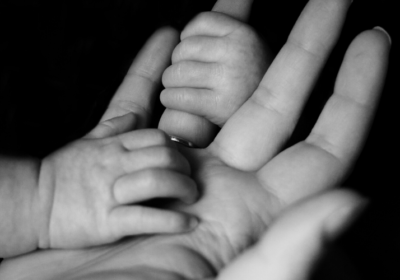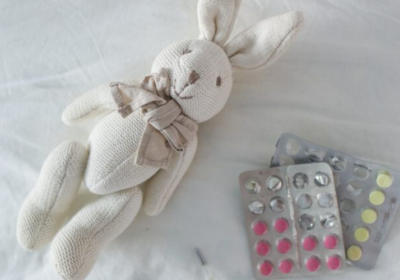Control is always about fear. As fearfulness increases, so does the need to be in control. This is true of everyone, whether he is two or eighty-four.
I was talking to a sweet Momma that I was working with in trying to help her identify the fears behind her need to be in control.
“Control is about fear,” I said.
“I disagree,” she responded. “I can think of plenty of examples where I needed to be in control, and it had nothing to do with fear.”
“I would love to hear them.”
“Well, there is a tree in our yard that is easy to climb, but very tall,” she began. “My son is not allowed to climb past the first branch because his coordination is very poor, and it is not safe.”
She then paused and said, “That wasn’t a good example. Let me give you another one.”
After she gave me about four such examples, she sighed and said, “You are right. The more fearful I am about a situation, the more controlling I become.”
A mother who is very controlling is a mother who is very afraid.
A child who is very controlling is a child who is very afraid.
The child who tries so hard to dominate her home obsessively will ask, “What are we doing next?”, “Why are you taking this road home?”, “What are we having for a snack?”, or “What did you pack for my school lunch?”. For those of you who haven’t had a child struggling with fear, these questions seem very simple and easy to answer. However, for a child struggling with fear, the questions are incessant and dominate the mood of the home.
If we call this child controlling, then we are going to treat this child very differently than if we call this child fearful. Be very careful how you talk about your children because words have enormous power.
| My child says… | If I believe my child is controlling, I respond by saying…… | If I believe my child is fearful, I respond by saying……. |
| Why are you taking this road? Take the other road! | When you are old enough to drive, you can take whatever turn you want. You do not get to decide what road Mommy takes. | Buddy, you are worried when Daddy takes a different turn than usual. It makes you feel like you don’t know what is going to happen next. It is my job to keep you safe. I promise I will do that. |
| What are we having for dinner, snack, etc.? – for the 100th time. | I don’t know what we are having for dinner. Why does it matter? I am not a short order cook. | You worry a lot about food. I think your body remembers being hungry, and you never want to be hungry again. Why don’t you pack some snacks in your backpack and carry them with you? I don’t think you will worry as much about food if you always have a snack with you. |
| I don’t want Daddy to help me with my bath. I want Mommy. | Mommy can’t always help you with your bath. Mommy is tired. Daddy wants to spend time with you. You don’t always get what you want. | Mommy has a special way of doing things that is different from Daddy. When things are different, you worry extra, don’t you, Buddy. |
A child who is in control feels even more anxiety. So even though our responses are very different when we are dealing with a child we call “fearful”, the outcome doesn’t always have to change. Just because your child is fearful doesn’t mean she gets to decide what turn you make in the car, or what to eat for supper. Too much control will make the child more fearful. However, identifying her fear and supporting her right where she needs your support will help her relinquish control.
“At Risk” children are often fearful children. Even if they don’t have explicit memories of neglect or abuse, their bodies hold implicit memories of that trauma. If children have ever been truly hungry , even in utero, then these children will struggle with wanting to control food. If children have ever been neglected, then they struggle feeling like there is never enough of anything for them. They feel like they have to fight to be seen, literally. If a sibling is in the “limelight” for whatever reason, these children feel terrified, invisible, and compelled to turn all attention back to themselves, usually through negative behavior.
When we parent out of fear, we make very bad parenting choices. We lose the ability to respond and start reacting automatically instead. The next time you find yourself needing more control of your kids, ask yourself “What am I afraid of ?”



